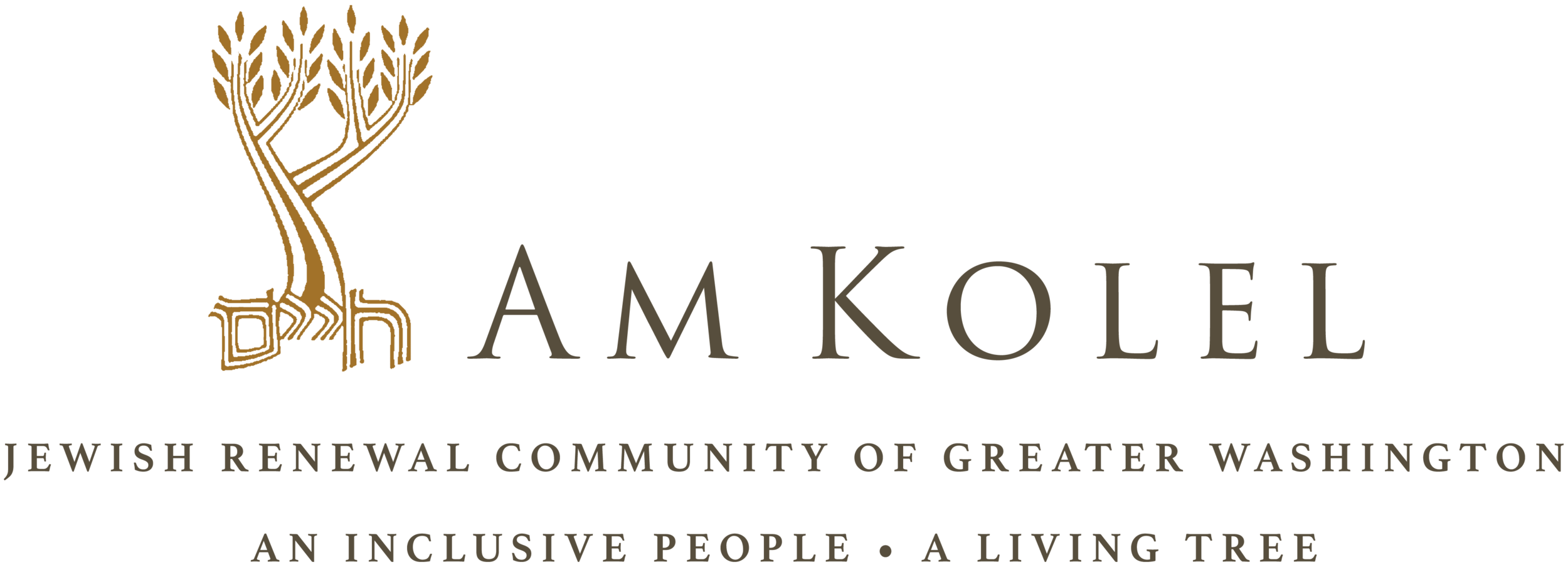This Parsha, Ki Tetze, is a continuation of Moses’ teachings to the people on how to create a just, compassionate and peaceful society. The range of concerns is amazing.
This Parsha, Ki Tetze, is a continuation of Moses’ teachings to the people on how to create a just, compassionate and peaceful society. The range of concerns is amazing.
It begins with the treatment of women captives and the care provided foreign women in sexual and familial relationships. It’s worth noting that women captives were not considered slaves or to be sold as slaves. Nonetheless, women’s rights were terribly limited even though the Torah tries to take some leaps forward.
There’s also the disturbing law about the stoning, by the community, of a rebellious son. Our Talmudic sages, thankfully, state that this actually never happened. Some of us might recall being threatened when we misbehaved as kids.
The emphasis on compassion in one’s relationships, toward people, workers, foreigners and animals is prominent in the Parsha and at the core of our value-culture.
“If you see your fellow Israelite’s ox or sheep straying, do not ignore it but be sure to take it back to its owner. …if you see your fellow Israelite’s donkey or ox fallen on the road, do not ignore it. Help the owner get it to its feet…. do not plow with an ox and a donkey yoked together….”
“Do not take advantage of a hired worker who is poor and needy, whether that worker is a fellow Israelite or a foreigner residing in one of your towns. Pay them their wages each day before sunset, because they are poor and are counting on it. Do not deprive the foreigner or the fatherless of justice, or take the cloak of the widow as a pledge. Remember that you were slaves in Egypt and the Eternal your God redeemed you from there…”
Fast forwarding to the end of the Parsha, there is the admonition to “blot our the memory of Amalek…”. Amalek, a descendent of Esau, and his followers cruelly attacked the elderly, the disabled, mothers and children in the wilderness of Sinai.
What does that mean “to blot out the memory of Amalek”? Haman was a descendent of Amalek. Have we blotted out that “memory.” How do we confront antisemitism today? There is a struggle waging within the Jewish community over the definition of antisemitism. I suggest googling the definition of antisemitism by IHRA (International Holocaust Remembrance Alliance) and the response by the Progressive Israel Network and the Jerusalem Declaration. The local JCRC is proposing that the Montgomery County Council adopt the IHRA definition. Am Kolel, JUFJ and many other organizations are opposed to that. Will a definition help diminish antisemitism.
We encourage compassionate listening wherever it can take place.
Come for Shabbes,
Reb David
